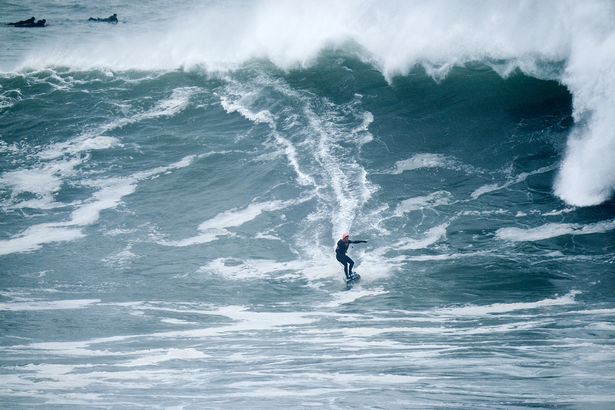Dedh Pajar Ügens ha Pemp
De Sadorn, wheffes warn ügens mis Meurth
Saturday, 26th March
E vedh dhen le a gòsk haneth en nos. Res ew dhen chânjya agan clockys. En gwenton, gwrewgh lebmel rag! Onan ar glogh e'n mettin a vedh dew ar glogh. Nei a wra kelly üdn our. Bedhowgh parys dhe vos skith. Piw a vedn chânjya an clockys brâs? A vedh own an pres war glockys en Truru?
We will have less sleep tonight. We must change our clocks. In spring, spring forward! One o'clock in the morning will be two o'clock. We will lose one hour. Be prepared to be tired. Who will change the big clocks? Will the time be correct on clocks in Truro?
Building up our Cornish language Part 17c
Cressya emann agan tavas Kernôwek Radn 17c
Here's another past tense for the verb bos to be.
If you use the imperfect locative with other verbs, it gives you a continuous past tense.
It is not so cut and dried as the preterite.
You need some form of adverb of time to distinguish it from the present locative.
Imperfect Locative
1 sg era vy
2 sg es ta
3 sg era, m: era ev, era e, erava,
f: era hei
1 pl era nei
2 pl ero whei
3 pl era anjei
Theram ow kerdhes tre lebmyn. I am walking home now.
Nanj ew diw seythen thera vy ow kerdhes en menedhyow. Two weeks ago I was walking in mountains.
Pe le thero whei ow mos de vettin? Where were you going yesterday morning?
De vettin thera nei ow mos e'n dre, bes e'n mettin ma thera nei ow tos tre. Yesterday morning we were going into town, but this morning we are coming home.




Comments
Post a Comment